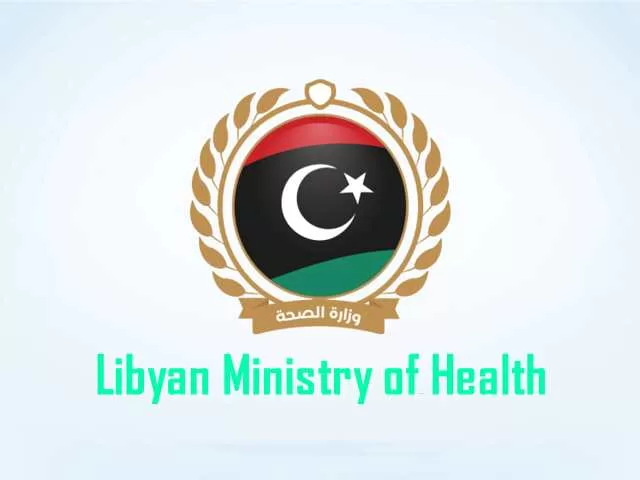Table of contents
In a momentous event organized by the National Centre for Health System Reform (NCHSR) under the Ministry of Health’s supervision, Libya marked the launch of its National Comprehensive Health Care Programme and the innovative Health Number System.
The ceremony, held in Tripoli, witnessed the presence of key figures, including Saad Eddin Abdel Wakil, Undersecretary of the Ministry of Health for Hospital Affairs, and Samir Koko, Undersecretary of the Ministry of Health for Technical Affairs and Diwan.
Overview of the Comprehensive Health Care Project
Under the visionary leadership of NCHSR Director General Adel Al-Deeb, a comprehensive presentation unfolded, shedding light on the pioneering Comprehensive Health Care project. This groundbreaking initiative commenced with the implementation of a digital transformation model in the Abu Sleem municipality.
The Health Number System
Director General Al-Deeb elucidated the intricacies of the Health Number System, emphasizing its role in offering a holistic approach to healthcare. The system ensures patient comfort while delivering top-tier services through the strategic implementation of the frequency and referral programme.
Key Components of the Comprehensive Health Care System
The Comprehensive Health Care project, as explained by Al-Deeb, revolves around several core components. It prioritizes diagnostic accuracy, facilitated by specialized family doctors. The initiative extends its focus to the management of chronic, psychological, and other diseases. Cases requiring therapeutic medical services beyond the center’s capacity are seamlessly referred, with continuous communication and follow-up.
Objectives and Impact
Highlighting its strategic significance, Director General Al-Deeb outlined the project’s core goals. The Comprehensive Health Care initiative aims to revolutionize the healthcare system, establishing an advanced, integrated framework. Its overarching objective is to bolster individual and societal health, providing a secure and comprehensive spectrum of preventive, curative, and rehabilitative health services marked by fairness, quality, and efficiency.
A Strategic Transformation for Healthcare
Director General Al-Deeb underscored the Comprehensive Health Care project as a strategic choice for the Ministry of Health. This initiative aligns with the broader goal of achieving digital transformation in healthcare, incorporating electronic health files and family health. Additionally, it seeks to activate an efficient referral system from primary health care centers to hospitals.
Notably, the project places a strong emphasis on supporting primary health care programs covering vaccination, reproductive health services, medications for chronic diseases, community health awareness, school health, and mental health. These efforts align with the pursuit of sustainable development goals.
In conclusion, Libya’s National Comprehensive Health Care Programme emerges as a transformative force, heralding a new era of healthcare excellence through digital innovation and strategic healthcare initiatives.

